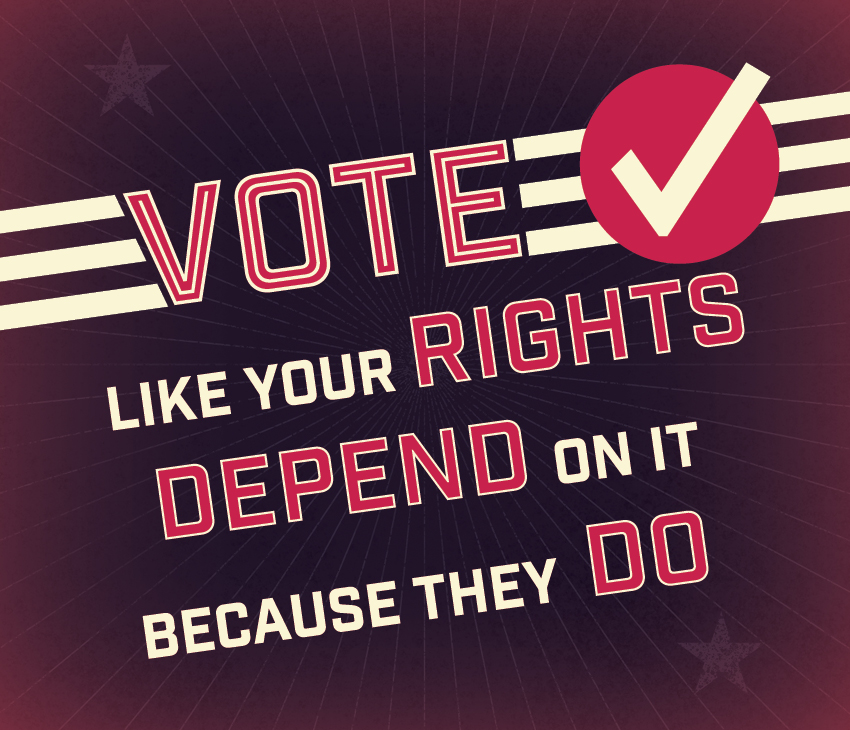 Statement by Annie Laurie Gaylor
Statement by Annie Laurie GaylorLet’s hear it for Alderperson Anita Weier of Madison, Wis., who just introduced an intriguing resolution to add not only the homeless, but atheists, to a long list of protected classes under the city’s Equal Opportunity Ordinance. The proposal would prohibit discrimination against the homeless in employment and housing, and against atheists in employment, housing and public places — including civic space and places of business and recreation.
Weier has noted that religion is already a protected class, so lack of religion should have the same protection. It warms my heart that she specifically invoked the Freedom From Religion Foundation, whose offices are in Madison, and concerns FFRF has raised. Violations of the ordinance could result in civil fines paid to the aggrieved parties.
Given the recent targeting of blasphemers — the shocking massacre of irreverent cartoonists for Charlie Hebdo, which bills itself as an “atheist magazine” — it’s high time nonbelievers become a protected class.
It made me smile a bit that the proposal lumps “the homeless” with “atheists,” although I’m pleased “the homeless” are also being remembered. But it does reveal how low on the totem pole atheists (and the homeless!) are in this country. Nonbelievers are at the bottom of the barrel when it comes to social acceptance. A major study, “Atheists as ‘Other,’ ” published by the University of Minnesota in 2006, revealed that “atheists are less likely to be accepted, publicly and privately, than any others” from a long list of marginalized groups.
The study looked at attitudes toward groups such as Muslims, immigrants, racial minorities, gays and Jews — from the 1960s to present, and found that every group had made great strides in social acceptance — except atheists. Absurd stereotypes include widespread belief that atheists make up the ranks of prisoners and prostitutes! More Americans disapprove of their children marrying atheists than any other “outre” class.
The researchers found that many Americans believe “affirming a religious identity is an important way of ‘being American,’ a basis for citizenship and a source of a common American identity.” FFRF can second that conclusion. We lay the blame in part on many 1950s church/state entanglements, such as adoption of “In God We Trust” as a motto and currency requirement, the Congressional establishment of a National Day of Prayer, and insertion of “under God” in the previously secular pledge. Piety became conflated with good citizenship.
The Civil Rights Act and most of its state, county and city offshoots, name religion as a protected class, which, we would hold, also prohibits discriminating against the nonreligious. But clearly that’s not the way it’s typically interpreted, given the fact that “church bulletin discounts” rate in FFRF’s “top ten” complaints received. Last year, FFRF sent out 20 letters of complaint over such discounts, in which, typically, a restaurant or ballgame arena, which are places of public accommodation, will offer a discount on Sundays to anyone showing a church bulletin, thus proving they went to church that day. FFRF’s complaint over a diner in North Carolina, which stopped awarding a 15% discount for “praying in public,” was in the national news for several weeks late last summer.
The most typical discrimination FFRF has faced, locally and nationally, is refusal by companies to make our T-shirts, print our brochures or post our billboards. We don’t just have problems with free speech — we have problems with “paid speech.” Whether this ordinance would affect such discrimination remains to be seen. But the public has no idea how often freethought views are censored. This includes a decision by CBS last year to refuse to nationally air a TV ad made for us by well-known public figure Ron Reagan.
The only improvement I might suggest would be to broaden the protection not just to named “atheists,” but also to “nonbelievers” or “nontheists.” We wouldn’t want the ordinance to inadvertently imply it’s OK to discriminate against agnostics. Many nonreligious Madisonians may prefer other appellations to that of atheist. I like to joke that our members may call themselves by many an appellation — atheist, agnostic, skeptic, secular humanist, rationalist, nonreligious, etc. — but whatever we call ourselves, we all disbelieve in the same gods.
Thank you, Anita, for introducing an ordinance that will set a significant tone of inclusion and respect for the 20% to 30% of Madisonians who are not religious.

